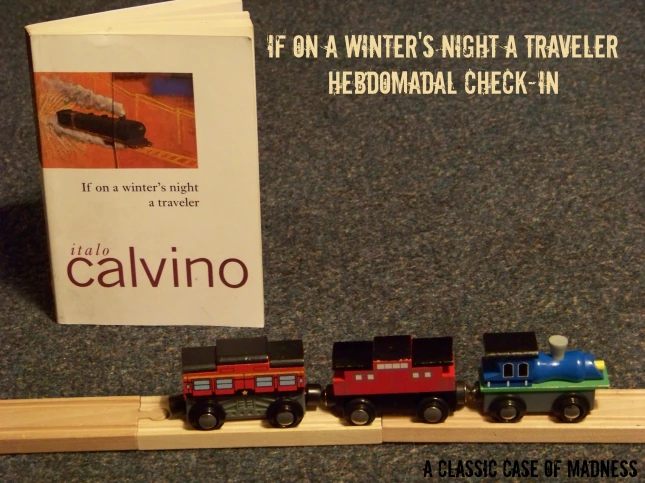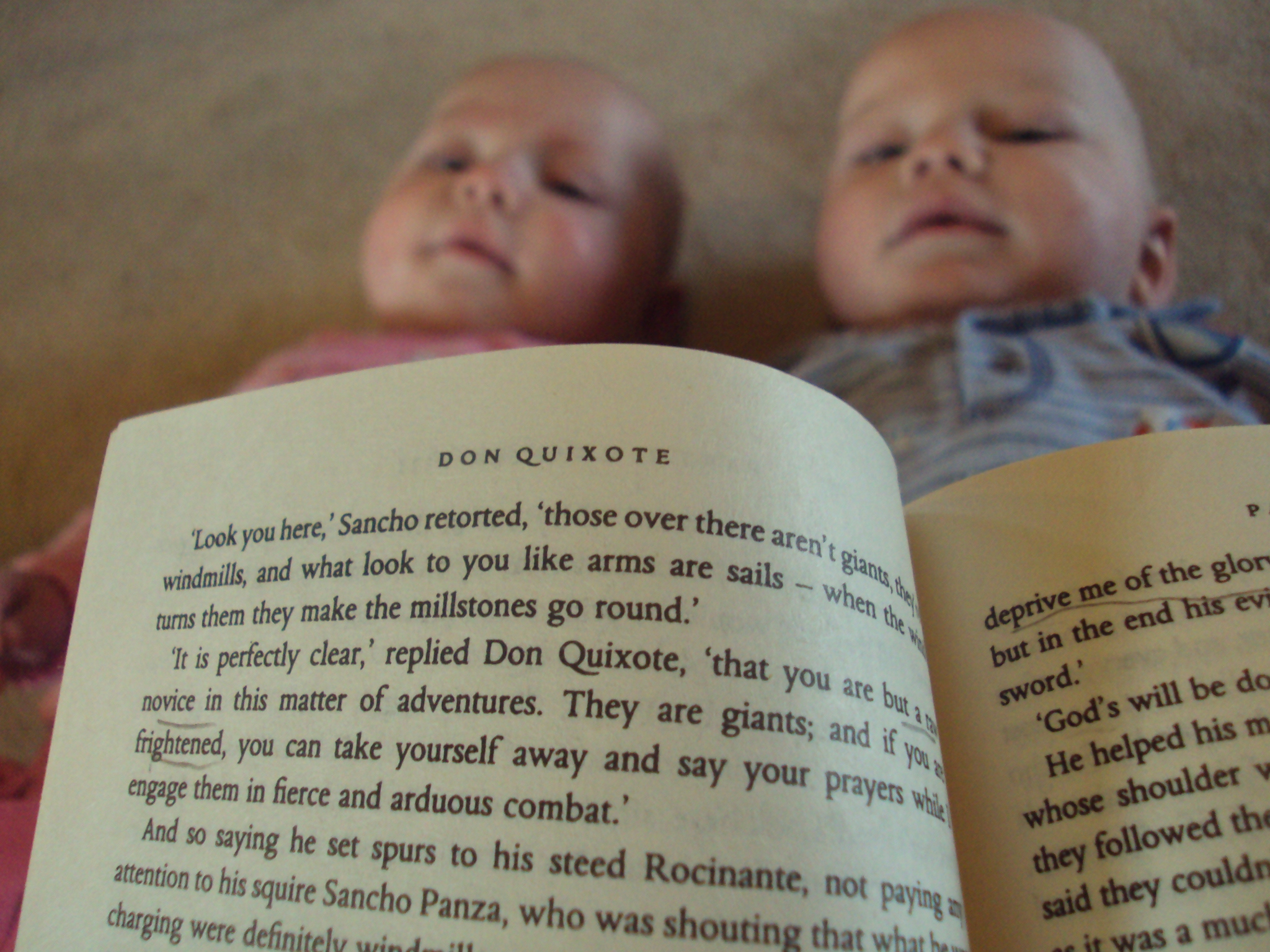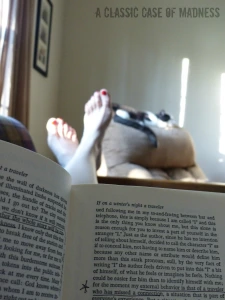
Beginning number 10
“What story down there awaits its end?”
If you could have any superpower, which one would you choose? Invisibility? Flight? X-ray vision?
Oh, for the power to erase.
Cat fur off the dining room chairs. Dirty dishes off the kitchen counter.
Ah, but would the power be used for good or for evil?
In Calvino’s beginning number ten the main character tidies up his surroundings. With the jumbo pink eraser of his mind, he rubs out everything he does not wish to see: uniformed workers, hospitals, universities… He erases until there’s nothing left but the surface of the earth and the wind which blows trash across the ground. In the trash is a page from Calvino’s previous beginning “Around an empty grave”. Although the main character eliminates everything and everyone, he would like to see his love interest Franziska. When he finds her, she’s surrounded by Men from Section D that won’t be erased. Franziska is clueless to the disappearing world around her. The Men from Section D are completely aware, and they congratulate the main character on his clean sweep. When eraser man wants to repair the damage he’s done, he’s unable to and a giant crack in the earth separates him from Franziska. Is he able to leap to be with her?
There’s no surprise that this is where the beginning ends. What do you think? Is there a happy ending for eraser man and Franziska? Or like One Hundred Years of Solitude, is this the end of the end? Instead of swirling winds, the community is destroyed by the power of a character’s mind. It would only be fitting in that it’s an author’s mind that creates/destroys a story.
[11] Will a library save the Reader?
This quick answer is, “Nope.”
The Reader’s ten titles are all lost, or out for repairs, or checked out. Not a single book is available. While at the library, eight readers share their theories about reading. Did you have a favorite?
Then there is the magical moment when the titles of the previous tales are linked together to make a sentence. Jeannette wasn’t surprised; she’d already predicted this outcome, but I was. I had to page back through the chapter headings to read for myself.
At this point, the Reader is weak with the disappointments of his previous reads. The seventh library patron tells him…
“Do you believe that every story must have a beginning and an end? In ancient times a story could end only in two ways: having passed all the tests, the hero and the heroine married, or else they died. The ultimate meaning to which all stories refer has two faces: the continuity of life, the inevitability of death.”
[12] The Reader choses marriage over death. Christina was reminded of Jane Eyre‘s epilogue: “Reader, I married him.” The brief three paragraph chapter ends with The Reader finishing If on a winter’s night a traveler by Italo Calvino. Reaching the end of the beginnings, I scrawled question upon question:
Is this just a tale of tales?
Is it a joke?
Did the Reader find the complete story?
What?
What!
What was your reaction to Calvino’s experiment?

 Susan Wise Bauer shares that Calvino’s classic If on a winter’s night a traveler contains eleven beginnings. (
Susan Wise Bauer shares that Calvino’s classic If on a winter’s night a traveler contains eleven beginnings. (


